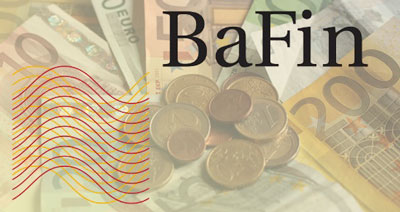The German Supervisory Authority Released Guidelines On CFDs Trading

The Federal Financial Supervisory Authority (Bundesanstalt für Finanzdienstleistungsaufsicht – BaFin) published guidelines on trading in financial contracts for difference (CFDs). These guidelines are intended to serve as an aid for CFD issuers in adapting their conditions of contract so that retail investors are no longer offered contracts with an additional payments obligation. Such contracts have been banned in Germany since 10 August 2017.
With its new guidelines, BaFin addresses contract constellations which it identified as problematic during its review of CFD products. It reiterates, for example, that CFD providers are obliged to expressly and unconditionally exclude the additional payments obligation for retail investors in their terms and conditions. Use of the term “additional payments obligation” is not the decisive factor here. BaFin also considers the terms “deficit”, “shortfall”, “difference”, “negative balance” and any paraphrases to be indicative of an additional payments obligation if they oblige retail investors to settle a negative balance on their CFD account.
Background
Owing to investor protection concerns, BaFin restricted the marketing, distribution and sale of CFDs with its general administrative act of 8 May 2017. Since the implementation period ended on 10 August 2017, retail investors may no longer be offered new CFD contracts with an additional payments obligation. If providers contravene this new rule, BaFin can apply administrative enforcement measures (such as coercive fines) as well as impose administrative fines.
Source: BaFin – CFD trading: BaFin publishes guidelines on additional payments obligation
What a CFD is?
A Contract for Difference (or CFD) is a type of derivative that gives exposure to the change in value of an underlying asset (such as an index or equity). It allows traders to leverage their capital (by trading notional amounts far higher than the money in their account) and provides all the benefits of trading securities, without actually owning the product. In practical terms, if you buy a CFD at $10 then sell it at $11, you will receive the $1 difference. Conversely, if you went short on the trade and sold at $10 before buying back at $11, you would pay the $1 difference.

























